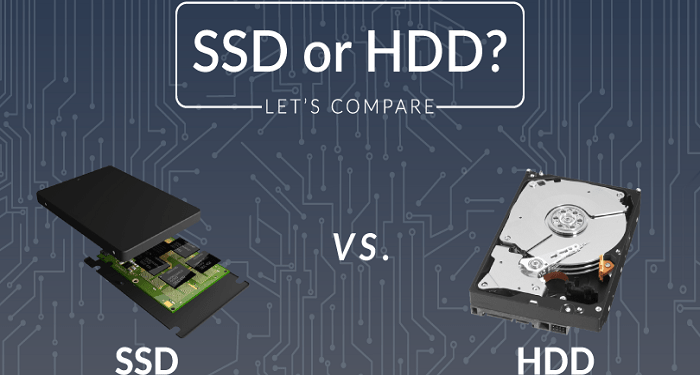If you’re considering a new computer, one of the main questions you may have is which type of storage is better for your needs. SSDs have been known to be faster than traditional hard drives for years. This trend has only continued to grow, as SSD technology has improved. Since they don’t use rotating platters, the bottleneck caused by SATA III has been removed. If you’re dealing with large files, speed is essential.
Although HDDs have been a reliable form of data storage for decades, SSDs are faster and quieter. They also use less energy. The biggest benefit of HDDs is that they’re cheaper and can store more data. SSDs, on the other hand, don’t have moving parts, so they’re much more durable and resistant to accidental drops. SSDs also store data electronically on ‘cells’ that are held in place by a thin metal arm.
However, this isn’t a perfect comparison. There are advantages and disadvantages to both types of storage. HDDs cost less per gigabyte, but SSDs are more expensive per gigabyte. However, there are many hybrid drives on the market, and they’re likely to become obsolete as all-flash storage becomes more common. So, which one is better for you? Keep reading for more information.
While hard drives are a better option in many situations, an SSD’s durability and longevity are often the same. The most significant difference between them lies in how you update data. The difference is in the type of media that you store your files on. Hard drives, on the other hand, are made from physical materials that will break down over time. You can check the life expectancy of your SSD by using a hard drive test.
Hard disk drives store information on a magnetic disk. To access the data, they spin. A small arm called a “read-and-write head” moves over the magnetic field to read or write data. As a result, SSDs are faster, but this is a tradeoff that you should consider carefully. However, the benefits of SSDs over hard drives are not without their drawbacks. So, how do you choose the best storage option?
Hard disk drives (HDD) have more storage capacity than an SSD, and they can be much bigger. However, their price per gigabyte is much higher, and as the capacity increases, so does their cost to the consumer. In addition, an HDD requires a mechanical arm to read and write data. A SSD can support up to 550MB/s of data, which is faster than an HDD. This means that an SSD can boot up faster than an HDD.











